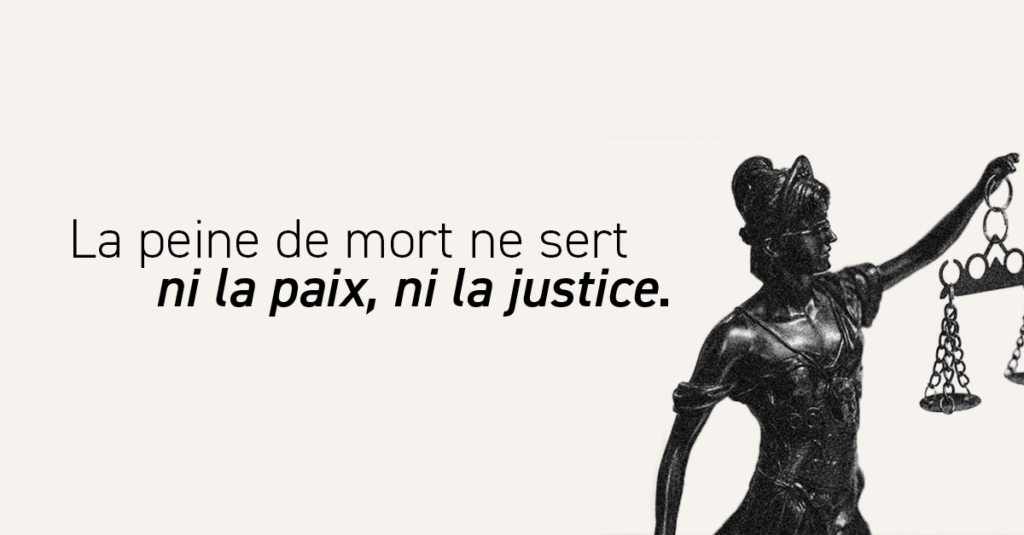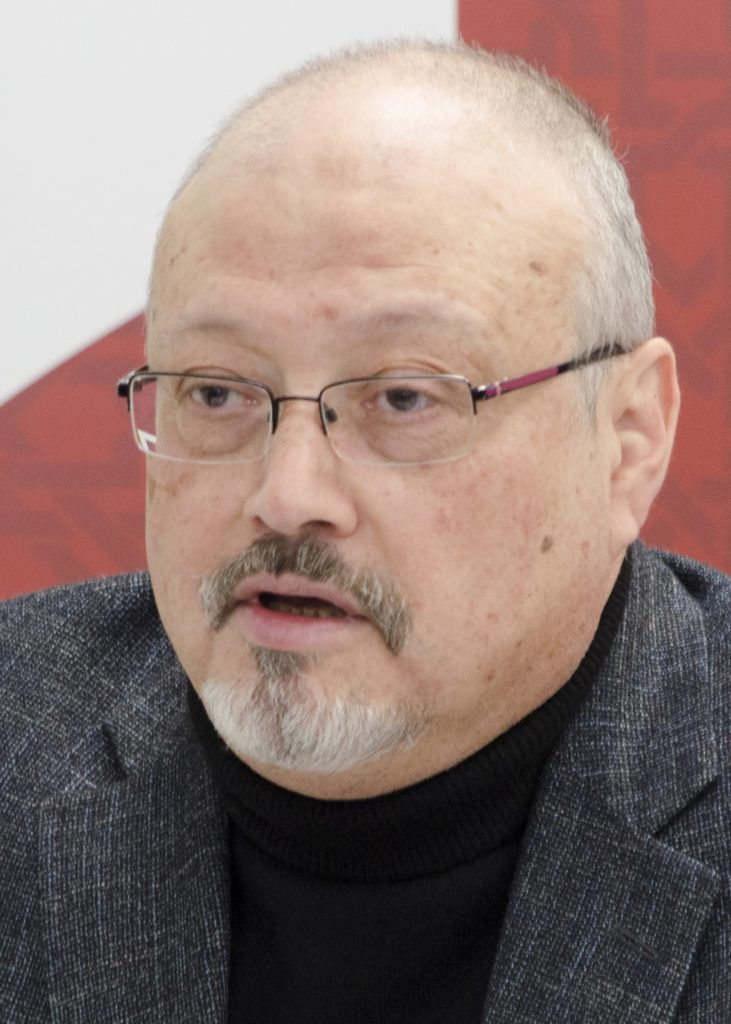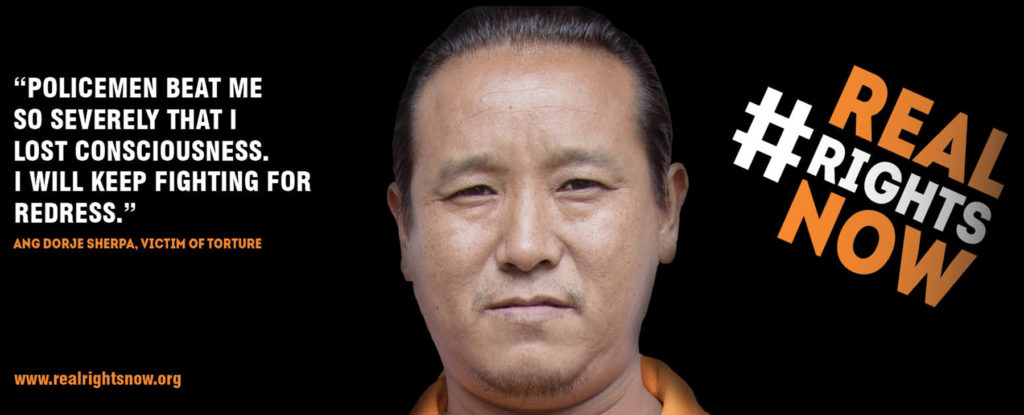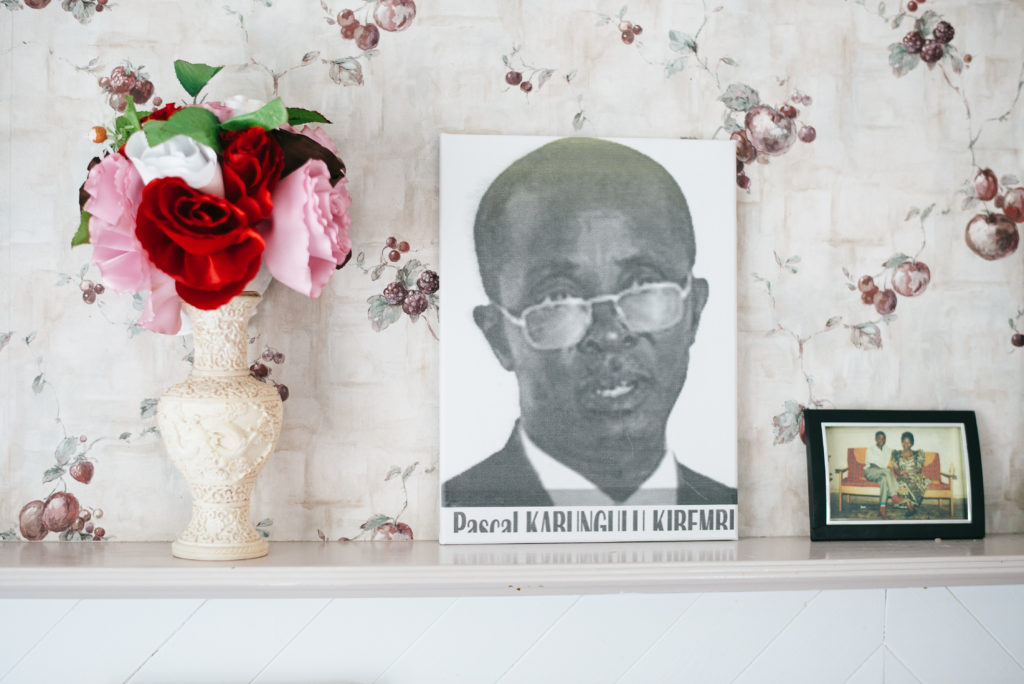TRIAL International: a commitment without borders for justice
How was TRIAL International created? Its founder and Director Philip Grant traces the genesis of the organization, which is intimately linked to his personal journey.
Militant from the beginning
I have always been active in the voluntary sector. At 17, I stumbled upon the Universal Declaration of Human Rights: it was a revelation. I saw black on white my deepest convictions about human dignity. I started to campaign for human rights, especially against apartheid in South Africa, which was the big fight of the time. After high school, the study of law appeared like the natural path to take.
10 years later, in the middle of my Ph.D., Pinochet was arrested in London for his crimes in Chile. This was the second major turning point: international justice became a reality and its scope potentially huge. This event reinforced my firm belief that law is a powerful lever for change.
But at the time, few NGOs were working in this area. Amnesty International, for example, denounced violations but did not name the perpetrators, let alone denounced them. No organization was filling this void at the time, so I decided to found my own organization against impunity in Switzerland.
The early years
A few weeks before the International Criminal Court (ICC) came into force, in 2002, I founded TRIAL with a handful of victims, campaigners and lawyers. Our aim was twofold: to raise public awareness of international justice and to put pressure on the authorities to arrest suspects present on Swiss soil.
From the moment TRIAL was created, I did not look back. We were witnessing a historic rise in international justice and I was convinced (I still am) of our added value in this fight.
Our first complaints were fairly symbolic and did not result in the opening of proceedings. But there was an undeniable interest from the media and the public and we received very encouraging signs that prompted us to persevere.
Interest in international cases
In the early years, there were several complaints against Algerian, Tunisian, Somali or Afghan suspects. The Swiss authorities, however, did not react much, so we turned to other countries. Bosnia and Herzegovina had been out of the conflict for over a decade, but legal procedures had been totally blocked: supranational avenues also existed, such as the European Court of Human Rights or the UN’s Human Rights Committee. Here again, we had the opportunity to open unexplored ways to give hope to the victims. That’s how the first TRIAL country program was created in 2007.
At about the same time, the Sperisen affair opened in Switzerland: this meant things were finally moving! We opened the Nepal and Burundi programs in the process, and I became a full-time TRIAL employee, leaving my law firm for good.
An NGO in the capital of human rights
Geneva, where I live and work, was the ideal place to launch TRIAL: high dignitaries go there for diplomatic reasons, but also privately: the luxury, private schools and state-of-the-art clinics attract the powerful from all over the world.
A proof of this blending is that several times, victims of serious crimes find their aggressors in Switzerland! I remember a young Rwandan asylum seeker placed in the same center as Félicien Kabuga, one of the instigators of the 1994 genocide. This sometimes gives rise to real theatrical situations, like this activist from Western Sahara who in the middle of a lecture on the torture he faced, recognized his executioner in the audience!
Seeking added value
I created this organization because, as an individual, I always try to maximize my added value. Doing a job that another could do, that perpetuates an existing order, hardly interests me. And when the idea comes to life and works, it is a beautiful feeling.
I happen to be tired, of course. When a procedure is counted in a decade, it becomes easy to give up. But when I hear the story of the victims, the atrocities they have endured and their determination to fight, and especially when we win a trial and that justice is served, I tell myself that we are right to continue our action.
Philip Grant, TRIAL International Director








